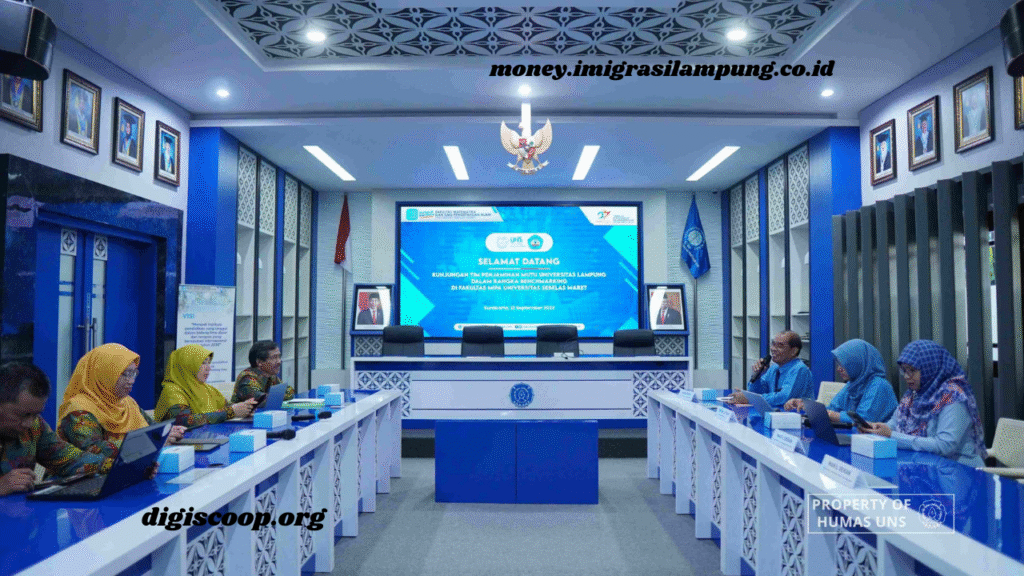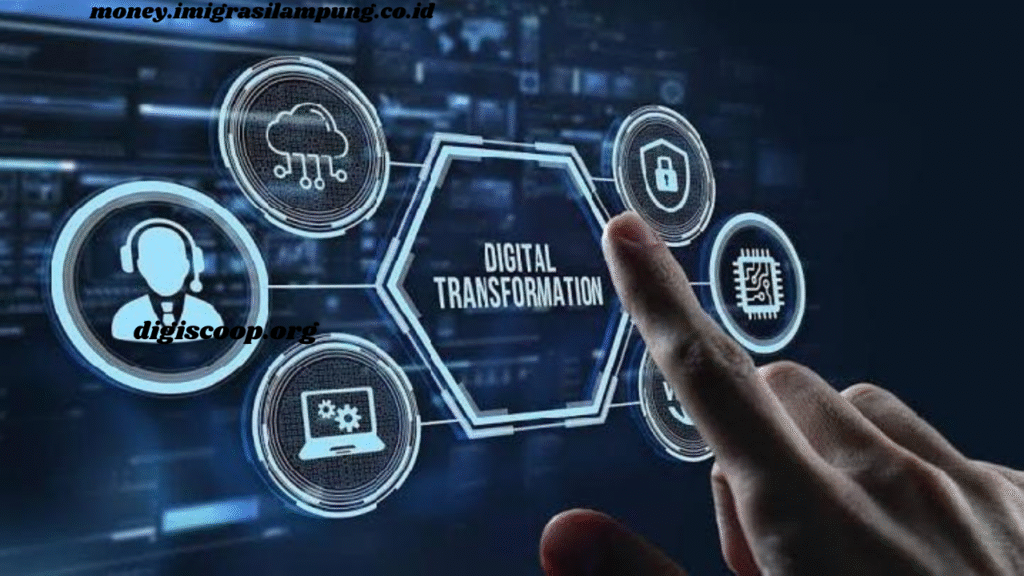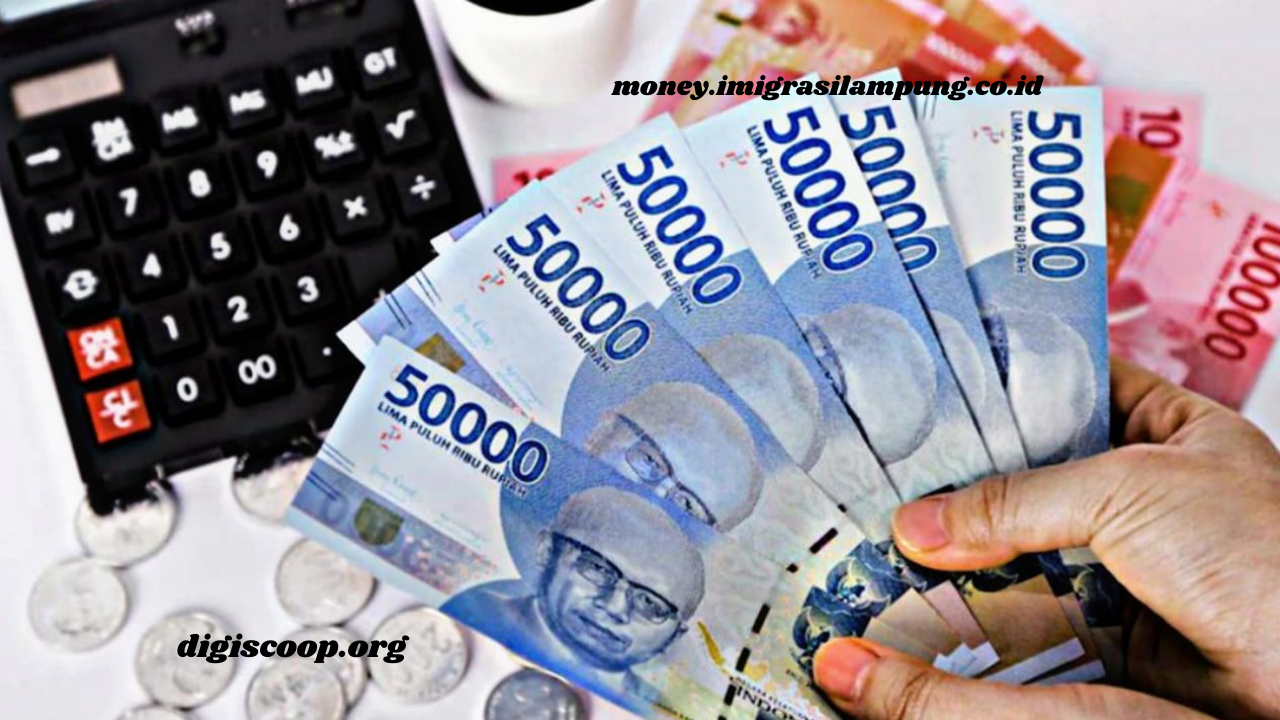Introduction to money.imigrasilampung.co.id
The phrase money.imigrasilampung.co.id may seem unusual at first glance, but it combines two strong keywords: “money” and “imigrasi Lampung” (immigration services in Lampung, Indonesia). The inclusion of “.co.id” suggests that this is linked to an Indonesian domain, often used by institutions, organizations, or official services. When put together, it can be interpreted as a concept or platform that connects immigration-related services in Lampung with financial processes, online payments, or digital accessibility for the public.
In this article, we will explore the possible functions, meanings, and significance of money.imigrasilampung.co.id in different contexts. While no direct public-facing resource fully defines the domain, the terms themselves provide insight into how government, finance, and digital services intersect in the Indonesian setting.
The Role of Immigration Services in Lampung

Lampung is a province in southern Sumatra, Indonesia. Like many regions, it hosts an immigration office that serves both locals and foreigners. Immigration offices typically handle matters such as:
- Issuing passports for Indonesian citizens.
- Managing visas and permits for foreign nationals.
- Overseeing residency extensions and legal documentation.
- Supporting law enforcement in cases involving foreign citizens.
These services often require payments, such as administrative fees, visa charges, or passport processing costs. Historically, such transactions were handled manually at government counters, but digitalization has transformed this landscape. That is where the money.imigrasilampung.co.id concept fits in: connecting immigration needs with digital financial systems.
The “Money” Connection: Digital Payments in Government Services

The word “money” signals an important development—government services now increasingly rely on digital payment systems. This helps reduce long queues, limits corruption risks, and increases transparency. Within an immigration context, the financial aspect could cover:
- Online payment for passport applications – allowing citizens to avoid standing in line at banks.
- Visa and residence permit payments – helping foreigners settle their fees securely.
- Administrative fines or penalties – simplifying compliance processes.
- Service charges and authentication fees – making them easier to process.
By pairing money services with immigration under one domain, the idea is to create a centralized hub where users can handle both documentation and payment seamlessly.
Why Digitalization Matters for Lampung

Indonesia has been on a path of digital transformation across government services, often referred to as “e-Government.” For a province like Lampung, introducing platforms like money.imigrasilampung.co.id serves several purposes:
- Accessibility – Citizens from rural and urban areas alike can process applications online.
- Efficiency – Faster approval and less reliance on manual paperwork.
- Transparency – Payments tracked digitally reduce the risk of informal fees.
- Convenience for foreigners – Particularly important for tourism and investment, as Lampung is developing its economic and cultural presence.
Such advancements also align with Indonesia’s broader goal of improving public trust in state institutions through technology.
Potential Features of money.imigrasilampung.co.id
Though not widely publicized, a domain structured like this would likely include practical features. Hypothetically, these could be:
- Integrated payment gateways supporting bank transfers, virtual accounts, and e-wallets.
- Step-by-step immigration service applications linked directly to required fees.
- Verification systems that provide receipts and proof of payment instantly.
- User dashboards where applicants can track progress, pending payments, and service status.
These features would bring immigration services in Lampung closer to the kind of digital-first government seen in larger cities like Jakarta.
Challenges and Considerations
While the idea of money.imigrasilampung.co.id is promising, several challenges must be addressed:
- Digital literacy gaps – Not all citizens are comfortable with online payments.
- Infrastructure limitations – Reliable internet access is uneven across regions.
- Data security – Financial and personal data must be safeguarded against cyber threats.
- System integration – Coordinating immigration databases with payment systems requires robust technology and oversight.
Addressing these issues ensures that the service not only functions but is also trusted by its users.
Broader Implications for Indonesia
The concept represented by money.imigrasilampung.co.id is not isolated. It reflects Indonesia’s broader move toward modernizing public services. Similar initiatives are being tested in other regions, where domains link government offices with digital finance.
In the future, such systems could:
- Serve as national models for unified immigration and payment platforms.
- Expand to cover multi-ministry services, from transportation to taxation.
- Support Indonesia’s commitment to digital governance as outlined in its 2025 Digital Roadmap.
Thus, Lampung’s case may be both local and symbolic—a small piece of a larger shift across the country.
Conclusion
The phrase money.imigrasilampung.co.id may look like just a string of words, but it points to a deeper narrative: the merging of immigration services with financial technology in Lampung, Indonesia. By tying together administrative procedures and online payment systems, such a platform would represent progress toward efficiency, transparency, and user-friendly governance.
As Indonesia continues to digitalize its services, the principles behind money.imigrasilampung.co.id will likely expand and influence how citizens and foreigners interact with government institutions nationwide. For Lampung, it could mark a step toward making immigration not only more efficient but also more accessible and trustworthy.
Also Read : biitland.com digital assets: Exploring Opportunities, Innovation, and the Future of Digital Finance







